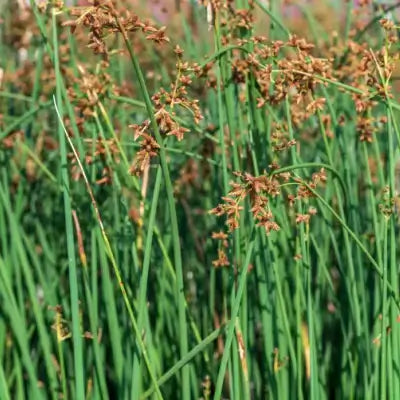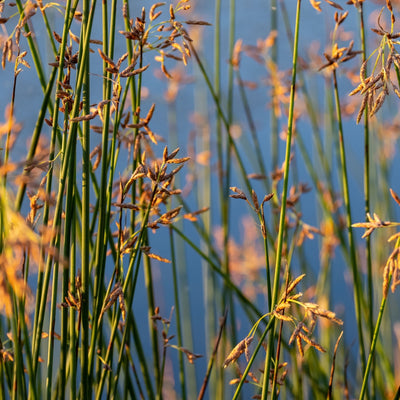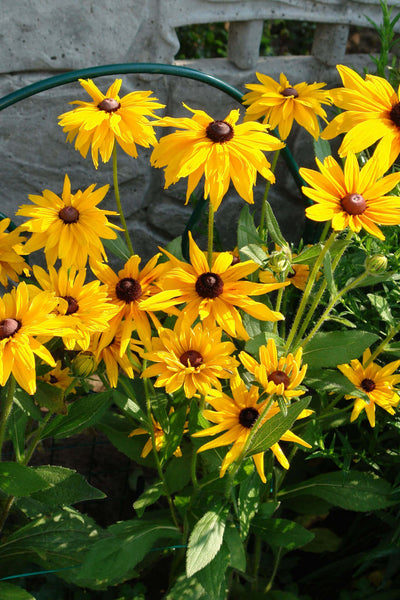Hard Stem Bulrush Loves Water
Hard Stem Bulrush is well known for its character of growing on shores and ponds, brackish marshes, and freshwater. It's a perennial plant that often grows very fast. It can grow up to 2m. the seeds of Hard Stem Bulrush usually ripen between July and August. The method of pollination that takes place with this plant is wind pollution.
Hard Stem Bulrush Is Helpful
Hard Stem Bulrush is helpful to humans and their habitat like any other plant. One of its uses is for medicinal purposes. However, it is crucial to seek professional advice before using any plant for therapeutic purposes.
The stem's pith of this plant can stop a wound from bleeding, while the roots are known to prevent thirst when chewed.
In addition to the medicinal uses of the plant, it has other benefits. The stem's fiber helps make paper. However, fresh stems are customarily harvested during summer, while dried stems are harvested at any time during the year.
When using it for making paper, the stems are cut into small manageable pieces, soaked for at least 24hrs then cooked with lye for one hour and a half. Then they are blended and used to make brown/beige paper.
As for their stems and leaves, they help make mats, hats and mattresses, and many more. It has a durability character that takes up to a year to decay in the wild, with the stems used to make baskets. The outer stem's surface is split and twisted to make warps and cords.
Hard Stem Bulrush is an important species to the habitat as it also provides cover to numerous mammals and birds. It is a staple food for small mammals and Muskrats. It regrows very well even after removal and is tolerant to fire.
Before planting Hard Stem Bulrush, it is essential to determine if the plant is compatible with your region. However, it generally does well outdoors and in wetlands; you can find it along lakes where the water goes as deep as 5 feet.



